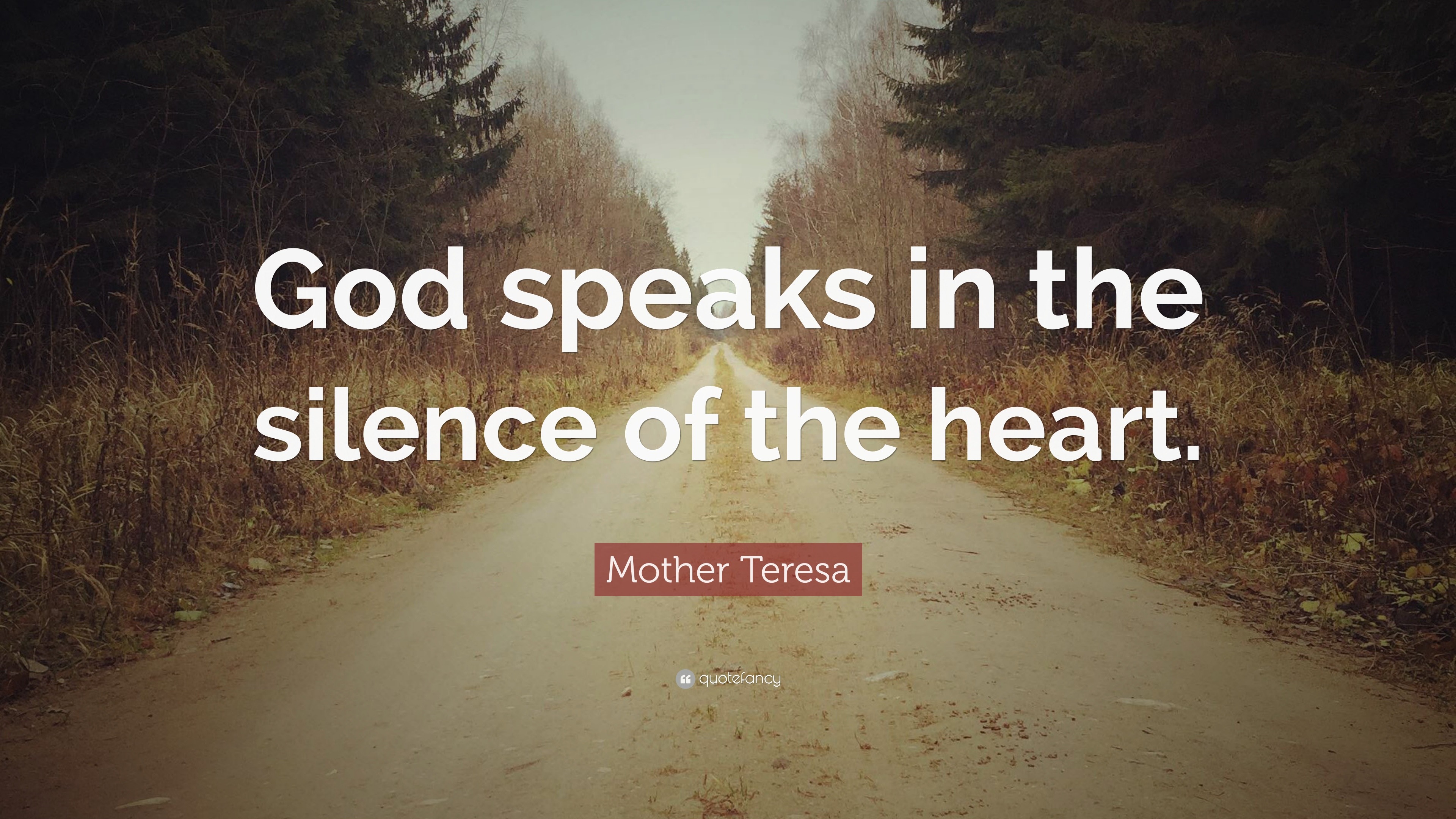According to the American Heart Association, in 2016 over 28 million U.S. adults were diagnosed with heart disease. Approximately every 40 seconds an American will have a heart attack. The estimated annual incidence of heart attacks in the United States is 720,000 new attacks and 335,000 recurrent attacks.
A report from the U.S. Centers for Disease Control and Prevention’s (CDC) National Center for Health Statistics shows that about 1 of 3 U.S. adults—or about 75 million people—have high blood pressure. The number of hypertension-related deaths increased 61.8%, from 2000 to 2013.
There were more than 360,000 American deaths in 2013 that included high blood pressure as a primary or contributing cause. That is almost 1,000 deaths each day.
In 2018, it was predicted that an estimated 1,735,350 new cases of cancer would be diagnosed in the United States and 609,640 people would die from the disease.
You probably have heard these or similar statistics but perhaps the following is news to you.
The U.S. Census Bureau estimates the total population at 328,456,820 people, with 77.1 percent (252,911,751) of those people being over 18. The American Psychiatric Association says that depression affects an estimated 1 in 15 adults (16,860,783) in any given year. And one in six people (54,742,803) will experience depression at some time in their life.
Is it just me or do we not hear as much about depression than other health issues? Am I just imagining that mental health concerns are often mentioned in a whisper but physical health matters are spoken of openly?
The American Psychiatric Association tells us that “depression (major depressive disorder) is a common and serious medical illness that negatively affects how you feel, the way you think and how you act.” Depression causes feelings of sadness and/or a loss of interest in activities once enjoyed. It can lead to a variety of emotional and physical problems and can decrease a person’s ability to function at work and at home. Fortunately, it is also treatable.
Depression is not “rainy days and Mondays” and hugs and positive thoughts are not enough to overcome it. One person who has had multiple bouts of depression said, “There does not have to be a hell after life, I’ve already experienced it.”
The Mayo Clinic says depression is “more than just a bout of the blues, depression isn’t a weakness and you can’t simply ‘snap out’ of it. Depression may require long-term treatment.”
The National Institute of Mental Health (NIMH) identifies depression as one of the most common mental disorders in the U.S. and “current research suggests that depression is caused by a combination of genetic, biological, environmental, and psychological factors” and it can happen at any age.
“The (worst) thing about depression: A human being can survive almost anything, as long as she sees the end in sight. But depression is so insidious, and it compounds daily, that it’s impossible to ever see the end. The fog is like a cage without a key. (Elizabeth Wurtzel)
Medical professionals recognize that depression “is not a passing blue mood, which almost everyone experiences from time to time, but a complex mind/body illness that interferes with everyday functioning. … It alters the structure and function of nerve cells so that it disrupts the way the brain processes information and interprets experience. Despite feelings of hopelessness and worthlessness, depression is a treatable condition” (Psychology Today). Most people with depression feel better with medication, psychotherapy or both.
While health professionals acknowledge that depression is common among Americans, the biggest obstacle to treatment is the stigma that often is associated with any form of mental illness. I encourage you to learn more about depression and other mental illnesses and discover how you can be a part of the healing process.
Jamie Jenkins


